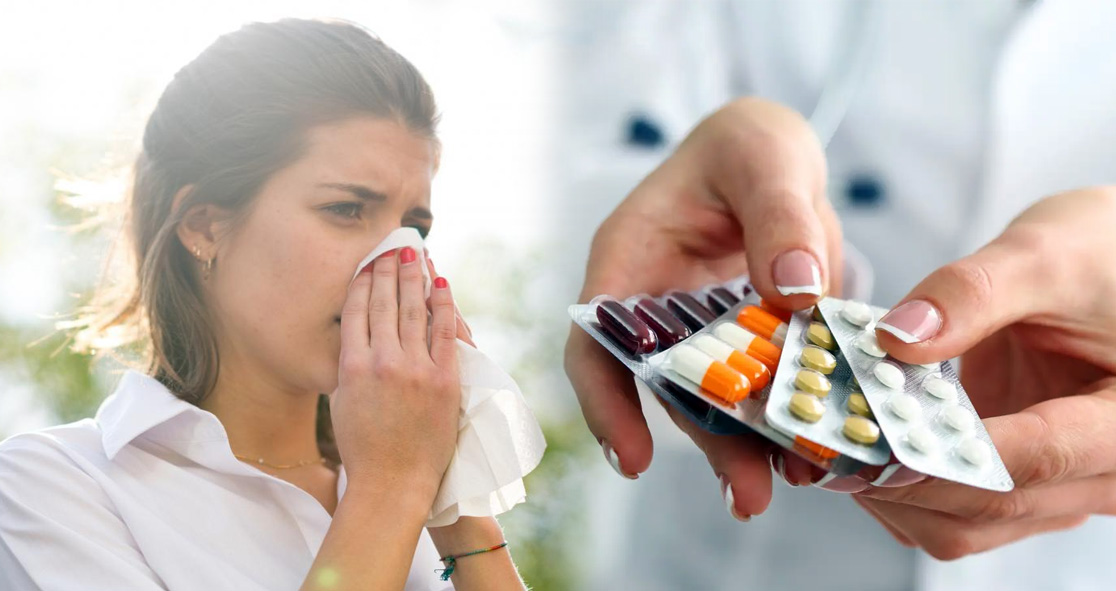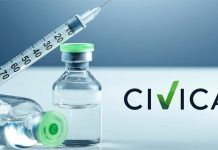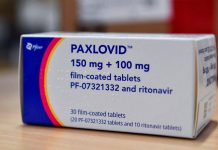Some brand-name allergy medicines can be expensive. However, there are generics available, which are much, much affordable than their brand-name counterparts.
When a brand-name allergy drug loses its patent, other manufacturers are allowed to develop and market the same medication in a generic version. Besides, the U.S. Food and Drug Administration (FDA) has approved many generic allergy pills for over-the-counter (OTC) use.
If you have allergies, you should first talk to your doctor about which allergy medication is right for you. You can even check with a pharmacist who can help you with OTC generic allergy medications.
Allergy medications include antihistamines, decongestants, steroids, mast cell stabilizers, and leukotriene modifiers.
Antihistamines
An allergy is an exaggerated response of the immune system to a foreign substance, such as pollen, dust, dust mites, mold, smokes, etc. When this happens, the body releases histamine, a chemical that is responsible for causing inflammation. To stop the secretion of histamine, antihistamines work better. Generic antihistamines are available both OTC and by prescription. Some common examples of antihistamines include:
- Cetirizine (Zyrtec Generic)
- Fexofenadine (Allegra Generic)
- Levocetirizine (Xyzal generic)
- Loratadine (Claritin Generic)
- Desloratadine (Clarinex Generic)
- Diphenhydramine (Generic Benadryl)
Of these, cetirizine generic and generic loratadine are the most common ones, which offer relief from a runny nose, nasal congestion, sneezing, red or itchy eyes, and urticaria.
Decongestants
Decongestants relieve nasal congestion and are often advised along with antihistamines. They are available in nasal sprays, eye drops, or even pill forms. Some examples of decongestants available over-the-counter include:
- Pseudoephedrine (Generic Sudafed)
- Phenylephrine (Generic Neo-Synephrine)
- Oxymetazoline (Generic Afrin)
One of the common combinations of an antihistamine (fexofenadine) and decongestant (pseudoephedrine) includes Allegra D Generic, which is available in tablet form.
Steroids
Also called corticosteroids, steroids help treat allergies by reducing inflammation and swelling. They are available in various forms, such as pills, liquids, inhalers, nasal sprays, topical creams for skin allergies, or topical eye drops for red, itchy eyes. Steroids are highly effective allergy drugs but they must be taken regularly. Some steroids for allergy include:
- Beclomethasone (Generic Beconase)
- Fluticasone (Generic Flonase)
- Triamcinolone (Nasacort Generic)
- Dexamethasone ophthalmic (Maxidex Generic)
- Prednisone
Mast Cell Stabilizers
Mast cell stabilizers are effective at treating mild to moderate inflammation in people who have seasonal or perennial allergies. They work by preventing the release of histamines. They come in the form of eye drops for allergic conjunctivitis and nasal sprays for nasal symptoms. Some generic examples of mast cell stabilizers include:
- Cromolyn (Generic Opticrom)
- Nedocromil (Generic Alocril)
- Pemirolast (Generic Alamast)
Leukotriene Modifiers
Physicians also advise leukotriene modifiers as they help treat allergy as well as asthma symptoms. They are available under a doctor’s prescription and come as pills, chewable tablets, or oral granules. The FDA approved only one leukotriene modifier called Montelukast (Generic Singulair).
Immunotherapy
Immunotherapy is advised when all allergy treatments fail to work. It may be one of the most effective forms of allergy treatment if you are a chronic sufferer. Allergy shots are given to you so your immune system can build a tolerance to the allergens. If you want to switch from a brand-name allergy medicine to a generic one, check with your doctor or pharmacist. You can even compare the prices online through websites such as GoodRx, which can give you a comprehensive insight into the prices of brand and generic allergy pills.























